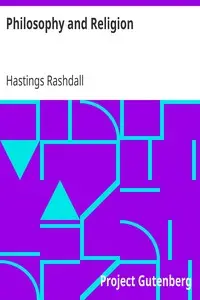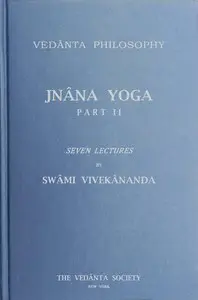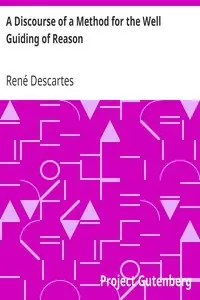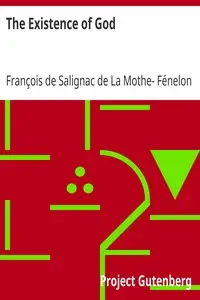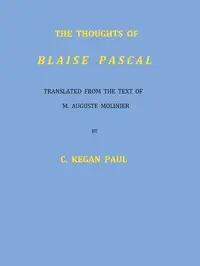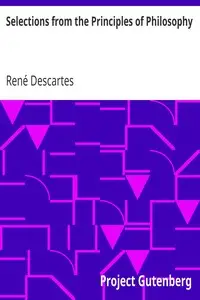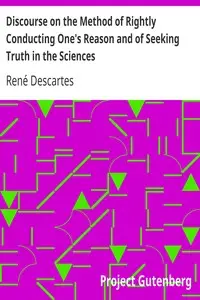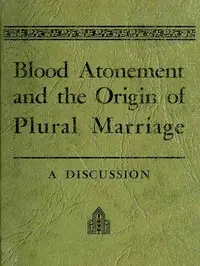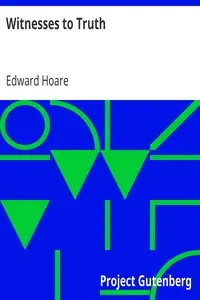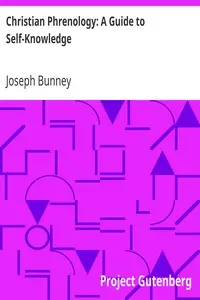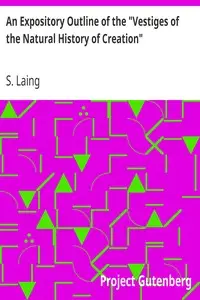"Six Metaphysical Meditations" by René Descartes is a journey into the core questions of reality and thought. It is a deep examination of what we can truly know, starting with the bold step of questioning everything. The book seeks to build a solid base for knowledge by first tearing down old beliefs, particularly those based on our unreliable senses. From this point of doubt emerges the realization of the self as a thinking being, a crucial step in Descartes's quest to prove the existence of God and show how our minds are separate from our bodies. The book emphasizes the power of clear and distinct ideas, using reason to explore the nature of existence. Descartes moves from doubting everything to finding certainty in his own existence and, ultimately, in the necessity of a divine creator, setting the stage for a new way of understanding both science and the human spirit.
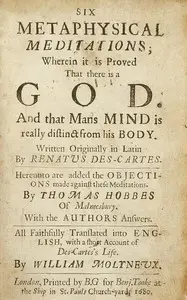
Six metaphysical meditations $b Wherein it is proved that there is a God and that mans mind is really distinct from his body
By René Descartes
Embark on a mind-bending quest to question everything, prove God's existence, and discover the surprising truth about your mind and body.
Summary
About the AuthorRené Descartes was a French philosopher, scientist, and mathematician, widely considered a seminal figure in the emergence of modern philosophy and science. Mathematics was paramount to his method of inquiry, and he connected the previously separate fields of geometry and algebra into analytic geometry. Descartes spent much of his working life in the Dutch Republic, initially serving the Dutch States Army, and later becoming a central intellectual of the Dutch Golden Age. Although he served a Protestant state and was later counted as a deist by critics, Descartes was Roman Catholic.
René Descartes was a French philosopher, scientist, and mathematician, widely considered a seminal figure in the emergence of modern philosophy and science. Mathematics was paramount to his method of inquiry, and he connected the previously separate fields of geometry and algebra into analytic geometry. Descartes spent much of his working life in the Dutch Republic, initially serving the Dutch States Army, and later becoming a central intellectual of the Dutch Golden Age. Although he served a Protestant state and was later counted as a deist by critics, Descartes was Roman Catholic.

